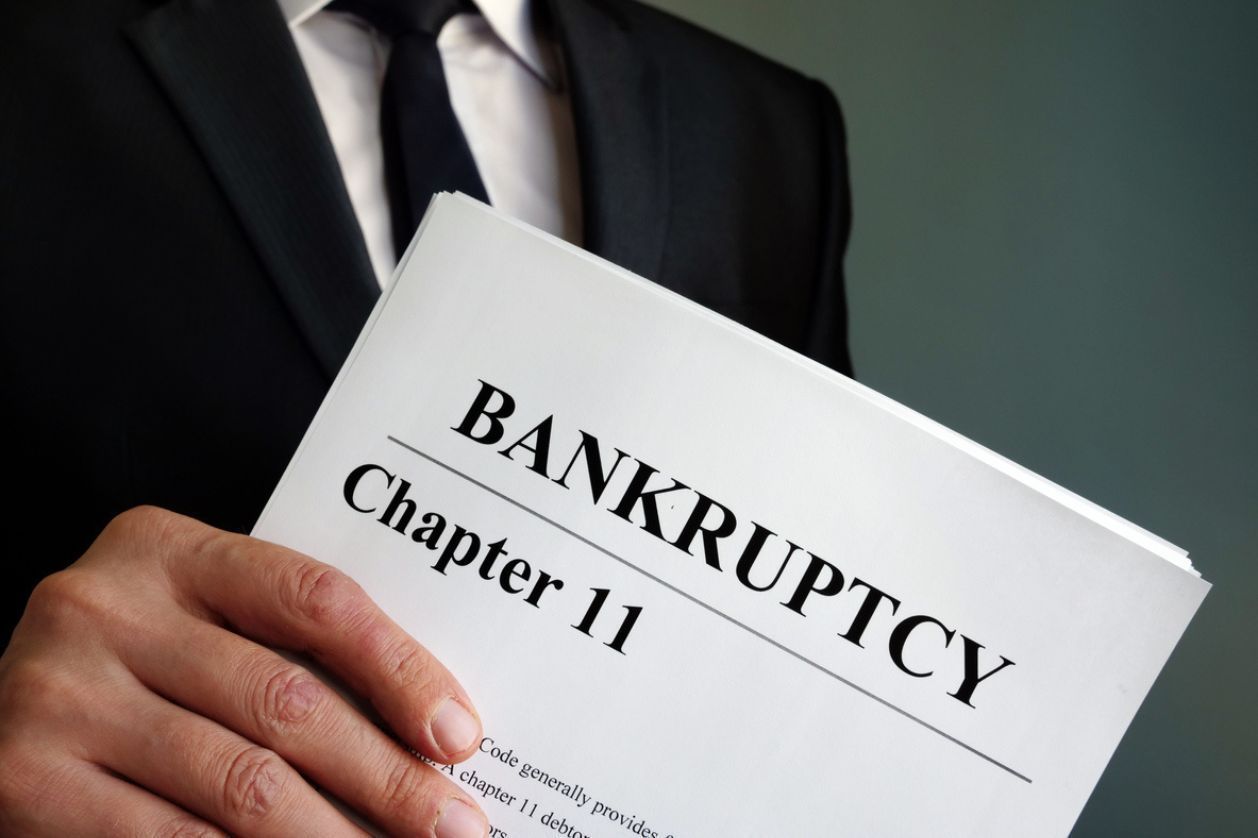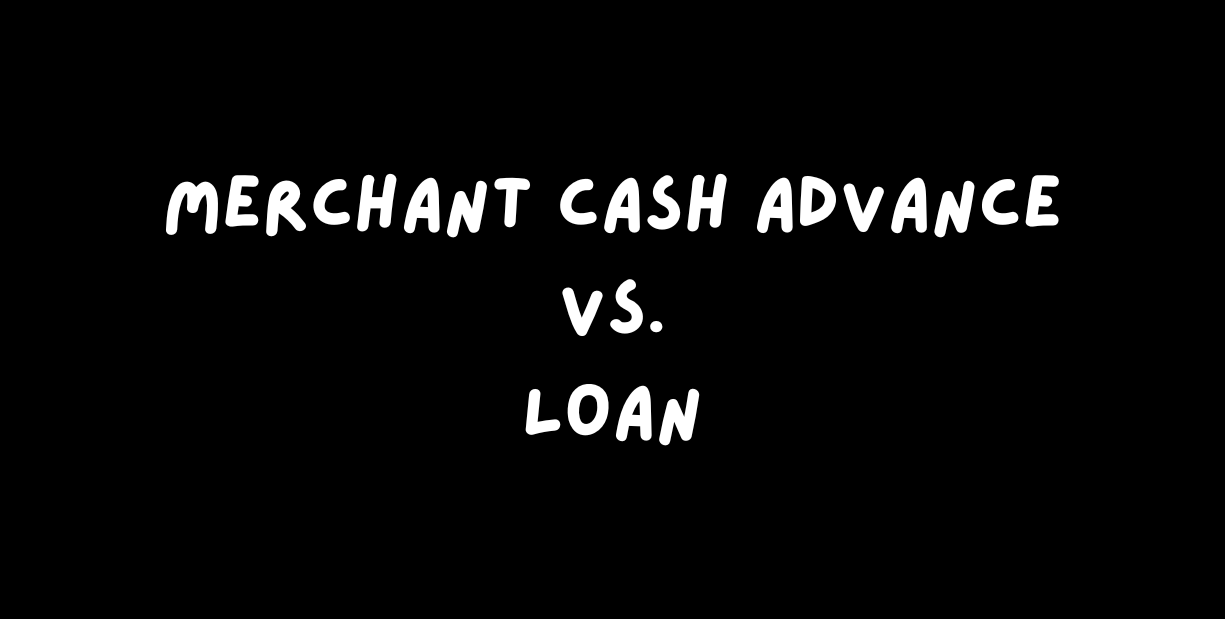Are Chapter 11 Filings Public?
Are Chapter 11 Filings Public?

If your business is considering filing for Chapter 11 bankruptcy, it’s natural to wonder: Will everyone know?
The short answer is yes, Chapter 11 bankruptcy filings are public. But what that means in practice is more nuanced. In this post, we’ll explain what becomes public, how accessible the information is, and what you can do to manage the impact.
Yes, Chapter 11 bankruptcy filings are public. They are part of the federal court record and can be accessed through the PACER system or the bankruptcy court. While most financial disclosures are public, certain personal or sensitive information can be protected with the help of a bankruptcy attorney.
What Is Chapter 11 Bankruptcy?
Chapter 11 is a type of bankruptcy primarily used by businesses (and occasionally individuals with substantial debts and assets) to reorganize debt while continuing operations. It’s often referred to as a “reorganization bankruptcy” and requires court approval of a repayment plan.
Because the process happens through the federal court system, all major documents, petitions, schedules, disclosure statements, and plans are submitted to and maintained by the court.
Are Chapter 11 Filings Public?
Yes. All Chapter 11 bankruptcy cases are part of the public record.
This includes:
- The bankruptcy petition
- List of creditors and amounts owed
- Income, assets, and liabilities
- The reorganization plan
- Notices of hearings and decisions
These documents are filed with the U.S. Bankruptcy Court and made accessible through systems like:
- PACER (Public Access to Court Electronic Records)
- The court clerk’s office
- Official bankruptcy notices sent to creditors
While this information is publicly accessible, it’s not widely broadcast unless picked up by the media or creditors choose to share it.
How Accessible Is Bankruptcy Information?
In theory, anyone with a PACER account can look up your Chapter 11 case. But in practice:
- Most people are not familiar with PACER
- The platform is not free, it charges per page
- You must know the name of the filer to search effectively
So while Chapter 11 filings are public, they are not typically visible through a simple Google search.
What Information Becomes Public?
Here’s a breakdown of what’s included in public bankruptcy filings:
| Category | Public? | Notes |
|---|---|---|
| Business name and address | Yes | Basic details are always public |
| Creditors and amounts owed | Yes | A full creditor matrix is required |
| List of assets and liabilities | Yes | Including property, cash, inventory |
| Income statements | Yes | Past and projected income |
| Contracts and leases | Yes | Especially those the debtor wishes to cancel |
| Tax returns | Not Always | Usually reviewed but not filed unless requested |
| Personally identifying info | No | SSNs, birth dates, and sensitive info are redacted |
Can You Seal or Restrict Information?
In limited cases, a bankruptcy attorney can request to seal parts of the record. Courts will consider sealing documents if:
- Trade secrets or confidential commercial information are involved
- Disclosure would violate privacy or create security risks
- There’s a compelling reason to protect sensitive data
At J. Singer Law Group, we evaluate your case carefully to determine what, if anything, can be redacted or protected under court rules.
Do the Public Records Ever Go Away?
Bankruptcy filings remain part of the permanent federal record. However:
- They become less relevant over time
- They drop off your business credit reports after 7–10 years
- Court websites typically archive inactive cases
- You can rebuild your credit and reputation with time and transparency
In most cases, stakeholders like vendors, lenders, and clients are understanding, especially if your Chapter 11 filing results in a successful restructuring.
Why Public Access Matters
Here’s the upside: Public records protect transparency and protect debtors.
By making bankruptcy proceedings public, the system ensures:
- Creditors are informed
- Courts can oversee fair treatment
- Third parties can track and monitor reorganizations
If your business complies with the rules, public scrutiny becomes an accountability tool, not a threat.
How an Attorney Can Help
The idea of public filings can feel invasive, but working with an experienced bankruptcy lawyer can help you:
- Minimize exposure of personal or proprietary information
- Communicate proactively with vendors and clients
- Navigate media inquiries (if applicable)
- Focus on a recovery plan that protects your brand and business
At J. Singer Law Group, we don’t just file paperwork; we help business owners understand the full impact of Chapter 11 and strategically manage the process from start to finish.
FAQ: Chapter 11 Filings & Public Access
Are Chapter 11 bankruptcy filings published online?
Yes, they are available through PACER, the federal court system. However, they are not typically indexed by search engines like Google.
Can my competitors see my bankruptcy filing?
They could, if they search for it specifically. The filing is not hidden, but it's not automatically publicized either.
Will my customers find out?
Not unless they actively search. However, if your case is high profile or affects contracts with customers, public notices may be involved.
Can I hide my personal finances in a business filing?
If you filed as a business, only business financials are disclosed. But if you are personally liable (e.g., sole proprietor), some personal info may be required and redacted as needed.
Can I remove the record later?
You can’t delete a bankruptcy filing from court records, but credit reporting timelines apply: business bankruptcies typically fall off after 7–10 years.
Transparency Is Part of the Process
Chapter 11 bankruptcy is designed to help businesses reorganize and recover, not punish them. While public access can feel intimidating, the real focus should be on what comes next: rebuilding your business, restructuring debt, and returning stronger.
If you’re concerned about privacy or reputation, talk to an experienced bankruptcy attorney. At J. Singer Law Group, we’ll walk you through the entire process and help you protect your rights, assets, and future.
Thinking about Chapter 11?
Get clear answers from a bankruptcy attorney who understands the New York business landscape. Call J. Singer Law Group today for a confidential consultation.











